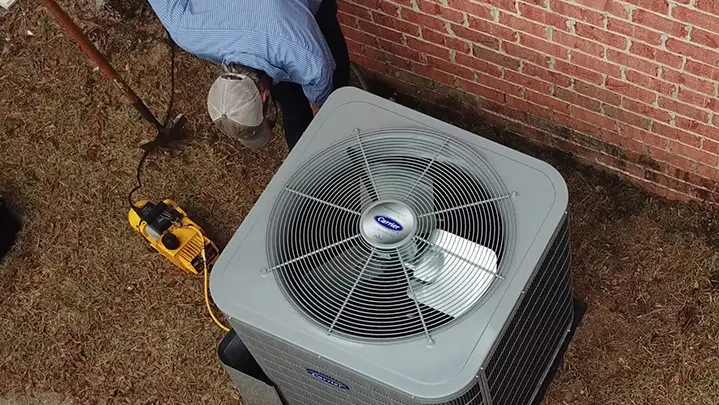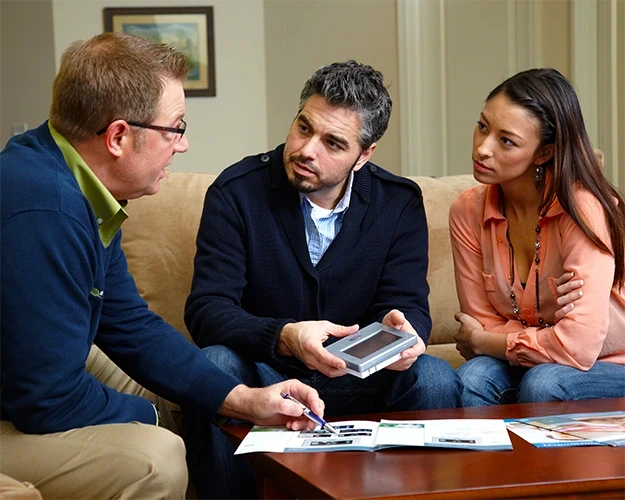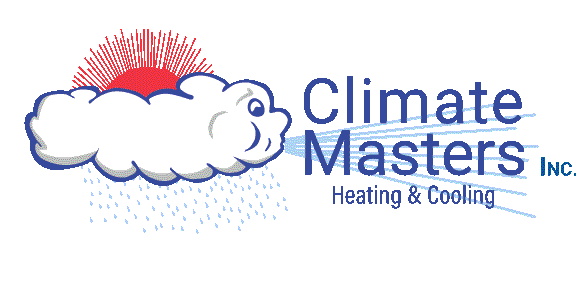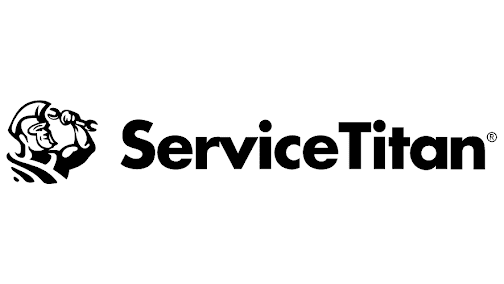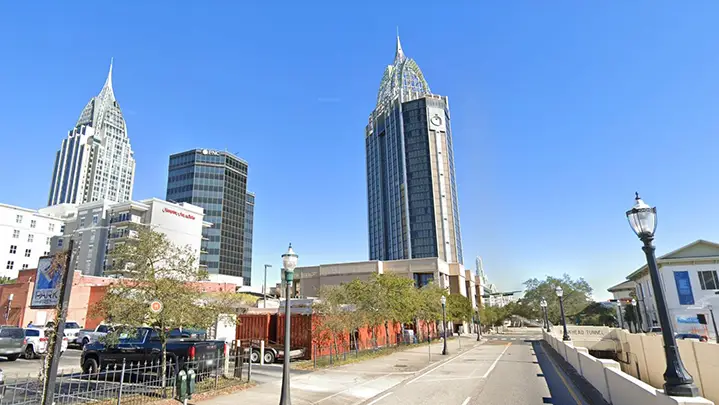
If you have spent any amount of time in southern Alabama during the summer, you know just how important an air conditioner system is for your home or business. Climate Masters wants to make sure that our customers can continue enjoying cool air with our HVAC repair service.
Our company was founded in Spanish Fort way back in 1967, so we are equipped with decades of experience repairing just about everything that can go wrong in HVAC equipment. Our service experts are fast and efficient at diagnosing problems in HVAC systems and then finding the best solution.
Climate Masters wants to make sure that your air conditioning unit gets back to heating and cooling your home so that you can get back to enjoying the great indoors.
